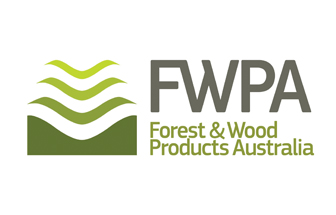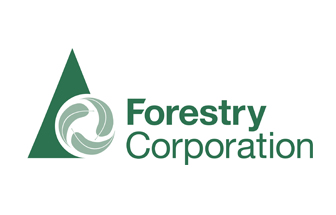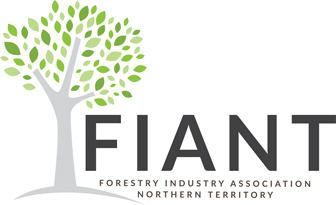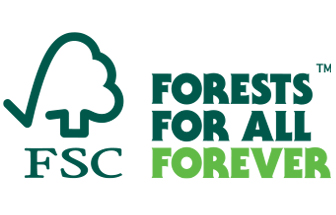RESPONSIBLE WOOD ACHIEVES PEFC
INTERNATIONAL ENDORSEMENT
RESPONSIBLE Wood, an Australian not-for-profit organization that develops globally endorsed standards for sustainable forest management and the sourcing of forest products, has announced the endorsement of its new standard by the Programme for the Endorsement of Forest Certification (PEFC). The new standard, called AS/NZS 4708-2021, is a joint Australian and New Zealand standard and has undergone a comprehensive, consultative, multi-stakeholder review process over the last three years.
“While the fundamental objective of the standard remains the same, the new standard has been significantly strengthened and improved in line with best practice forestry in Australia and around the world,” Responsible Wood CEO Simon Dorries said.
“This standard sets a new benchmark for sustainable forest management and we are proud to be at the forefront of this effort.”
The standard includes a number of updates to address the impacts of climate change. In particular, it includes requirements to implement positive practices that minimize greenhouse gas emissions and to consider the impacts of climate change as a key component of forest management practices. This is a significant step forward in ensuring that forestry practices are sustainable and adaptable to the changing climate.
Another key addition to the standard is the requirement for risk assessments for the use of pesticides. This not only ensures that the use of pesticides is properly documented but also prohibits the use of certain pesticides due to their negative impact on the environment. This further demonstrates Responsible Wood’s commitment to promoting environmentally friendly forestry practices.
The standard also strengthens requirements to support local industry by supporting the establishment of local processing and value-adding activities, this allows for a more sustainable industry model and a stronger local economy.
The use of traditional knowledge is given additional recognition, complimenting references to Indigenous peoples’ rights, responsibilities, and values. This is particularly important for the recognition and protection of the cultural heritage of Indigenous peoples living in the forested areas.
“This new standard is a major step forward in ensuring that the forestry industry is sustainable, adaptable and responsible, and Responsible Wood is proud to be leading the way,” Mr Dorries said.
The standard sets out world-class requirements for forest organizations to demonstrate sustainable forestry practices that balance environmental, economic, social, and cultural interests and values. Responsible Wood is committed to promoting responsible forest management and sustainable forestry practices throughout Australia and encourages all interested parties to check out the new standard.









